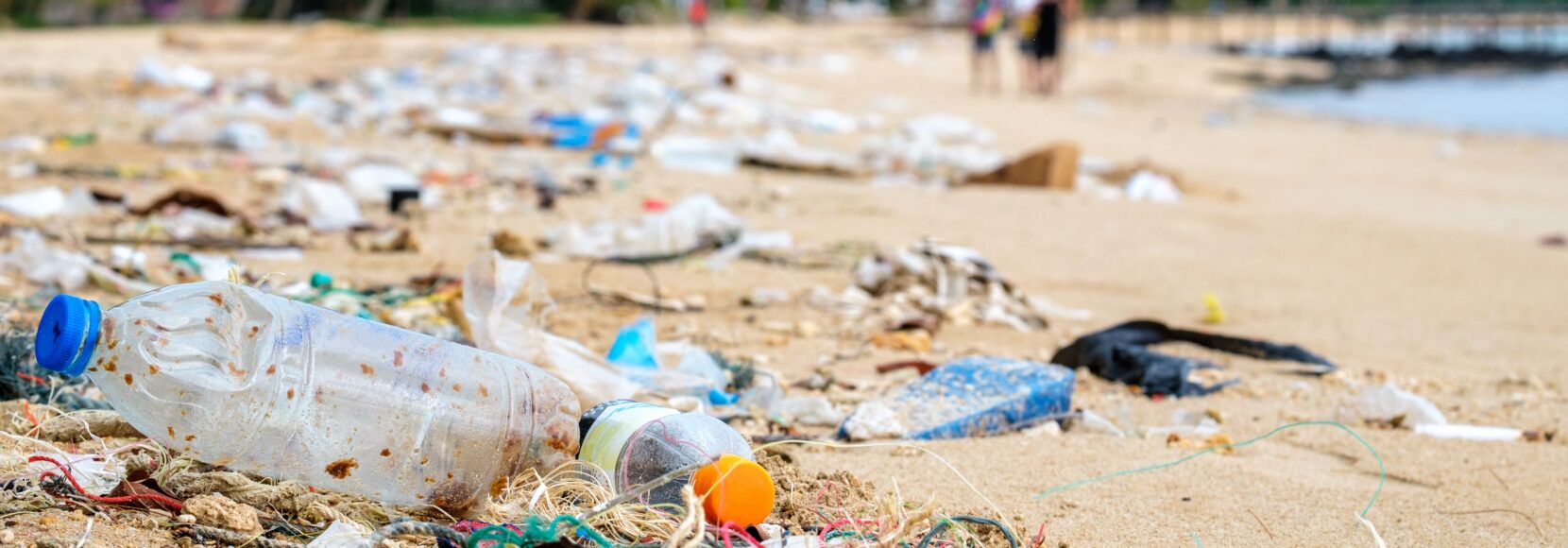
Sustainable Waste Solutions in Mombasa: Tackling Plastic Pollution
Table of Contents
- Introduction
- The Plastic Pollution Crisis in Mombasa
- Challenges of Waste Management in Mombasa
- Kenya’s Steps Toward Sustainable Waste Management
- TechnoServe’s BlueBiz Program: Driving Sustainable Waste Solutions
- Innovative Approaches for a Circular Economy in Mombasa
- How You Can Support Sustainable Waste Management
- Join the Movement
Plastic pollution is a global crisis, harming marine ecosystems, threatening wildlife, and impacting coastal communities like Mombasa, Kenya.
The Plastic Pollution Crisis in Mombasa
Every year, approximately 400 million tons of plastic waste are produced globally, with around 8 million tons finding their way into our oceans. Kenya contributes to this crisis, generating approximately 480,000 tons of plastic waste annually, with only 8% being collected for recycling. The impact is acutely visible in coastal hubs like Mombasa: vibrant beaches marred by plastic debris, marine life struggling in polluted waters, and livelihoods under threat.
Mombasa, known for its stunning coastline and bustling port, is home to thousands who depend on fishing and tourism for income. Yet, over 50% of the litter found on its beaches is plastic, with single-use items like bags, bottles, and straws dominating the debris. As local waste management systems struggle to keep up with rapid urbanization, the ocean becomes a dumping ground, deepening the crisis.
Challenges of Waste Management in Mombasa
Inadequate waste disposal systems are a major contributor to plastic pollution in Mombasa, exacerbating environmental and health risks. For many residents, limited access to waste collection services forces reliance on open dumping or burning, practices that harm the environment and public health. Rapid urban growth only intensifies the problem, with more waste generated than the city can manage.
“It’s heartbreaking to see the ocean—our source of life and livelihood—choked with plastic,” shared Mariam Kupi, an advocate for waste management and community sustainability in Mombasa. “But with collective effort, I believe we can turn this tide.”
Kenya’s Steps Toward Sustainable Waste Management
Kenya’s 2017 ban on single-use plastic bags was a pivotal step toward reducing plastic waste, demonstrating the country’s commitment to sustainable waste management. While this policy has reduced plastic bag litter, challenges remain in curbing other plastic products. Progress is visible on the ground as local groups, businesses, and organizations rally to create solutions.
Beach clean-ups are vital community-driven efforts that remove plastic waste while fostering environmental awareness and responsibility. These initiatives remove tons of waste and foster a shared sense of responsibility. “When we see residents, children, and businesses coming together to clean our beaches, it’s a reminder of the impact we can have,” said Edwina Mwebi, an enterprise development advisor at TechnoServe.
TechnoServe’s BlueBiz Program: Driving Sustainable Waste Solutions
TechnoServe’s BlueBiz program leads the fight against plastic pollution in Kenya’s coastal region by fostering eco-friendly innovations and a circular economy. By supporting small and medium-sized enterprises, the program empowers businesses to adopt eco-friendly practices and innovate solutions to plastic waste challenges. For example, local entrepreneurs are creating sustainable products by recycling plastic into construction materials or everyday goods.
“Plastic waste presents a dual challenge and opportunity: solving environmental issues while driving economic growth through innovative recycling solutions,” explained Wangari Theuri, BlueBiz’s senior program manager. “Through our program, we’re helping entrepreneurs turn waste into wealth, building both livelihoods and a healthier planet.”
TechnoServe also facilitates partnerships between waste collectors, businesses, and policymakers, strengthening local recycling ecosystems. By bridging these gaps, the BlueBiz program helps create a circular economy that keeps plastic out of our ocean and in productive use.
Innovative Approaches for a Circular Economy in Mombasa
Startups in Mombasa are revolutionizing the plastic lifecycle, turning waste into valuable products like furniture and building materials. From converting plastic waste into bricks to producing eco-friendly packaging, these enterprises showcase the power of innovation in addressing environmental challenges. Such efforts reduce the plastic burden and inspire others to reimagine waste as a resource.
One example is a youth-led startup that turns discarded bottles into durable furniture. “We’re solving two problems at once: cleaning up our environment and providing affordable solutions for furniture,” said the startup’s founder. These initiatives demonstrate how creativity and determination can transform waste into opportunity.
How You Can Support Sustainable Waste Management
Achieving a plastic-free Mombasa demands collaboration across governments, businesses, and communities to drive sustainable waste management solutions. While challenges remain, there is hope. The Kenyan government continues to invest in waste management infrastructure, while organizations like TechnoServe drive grassroots and entrepreneurial solutions.
Join the Movement
Everyone has a role in combating plastic pollution—from policymakers enforcing regulations to individuals reducing single-use plastics in their daily lives. From supporting sustainable businesses to reducing personal plastic use, every action counts. Together, we can ensure that Kenya’s coastlines remain a source of life, beauty, and opportunity for future generations.

